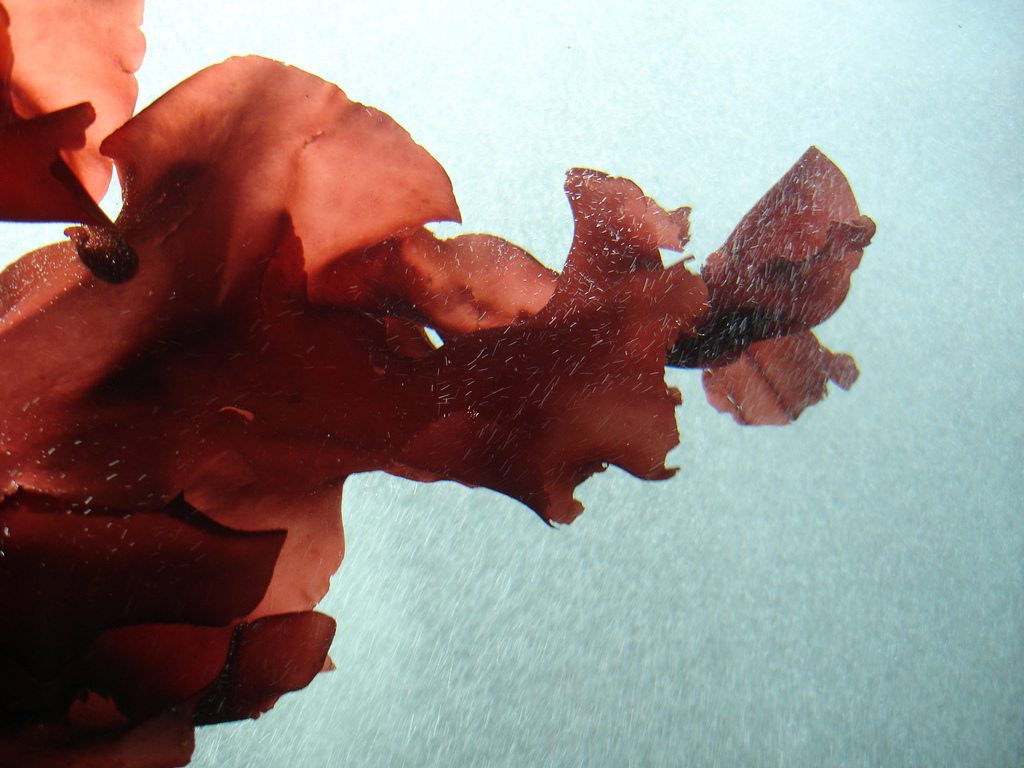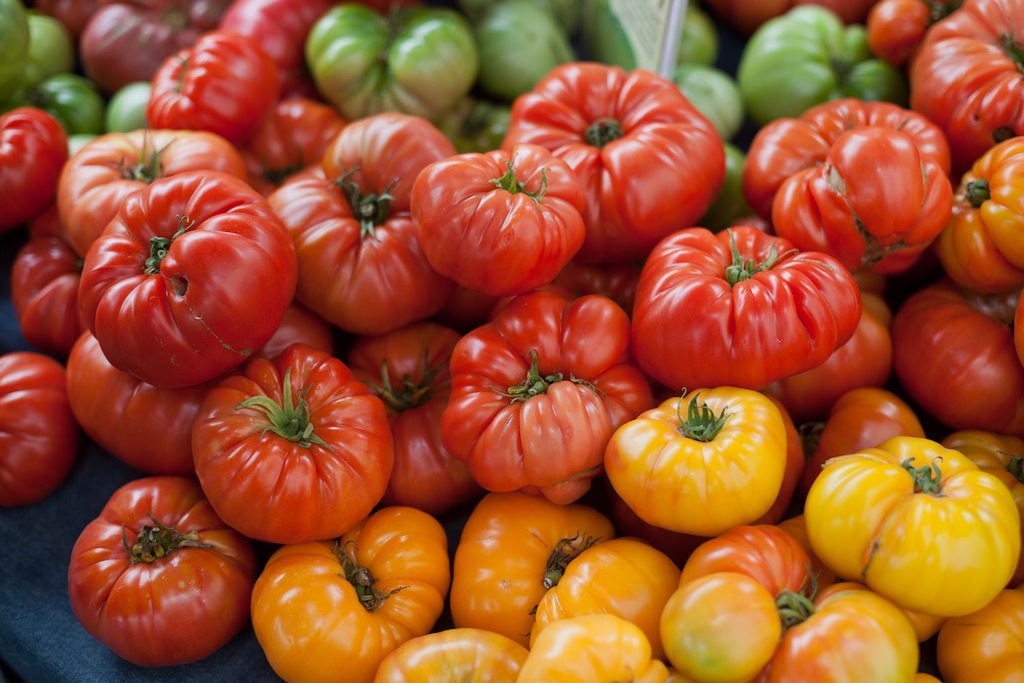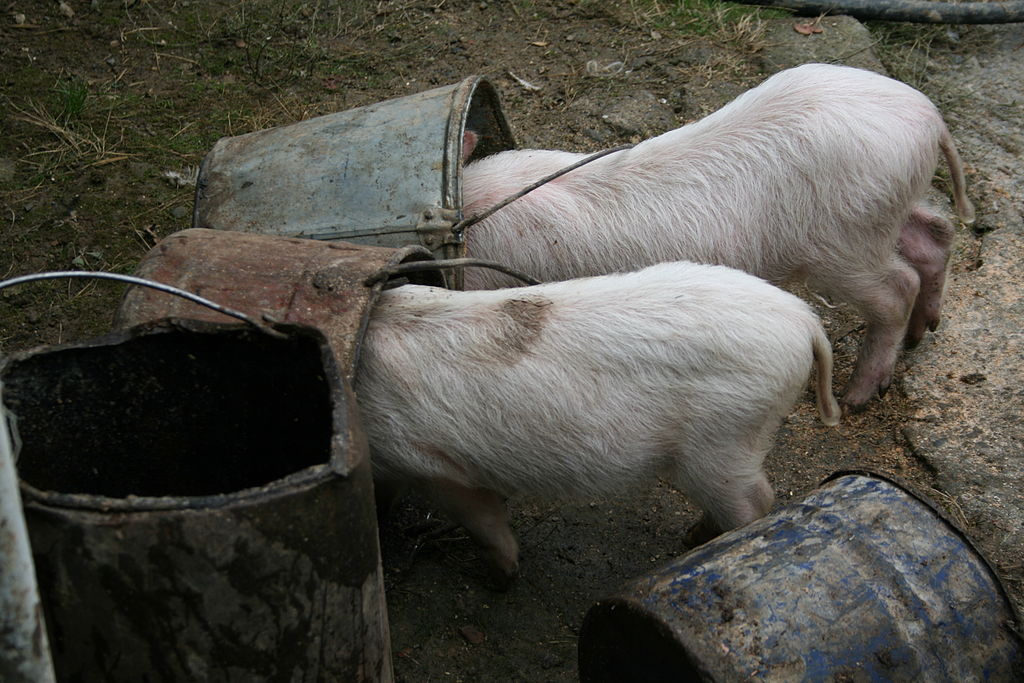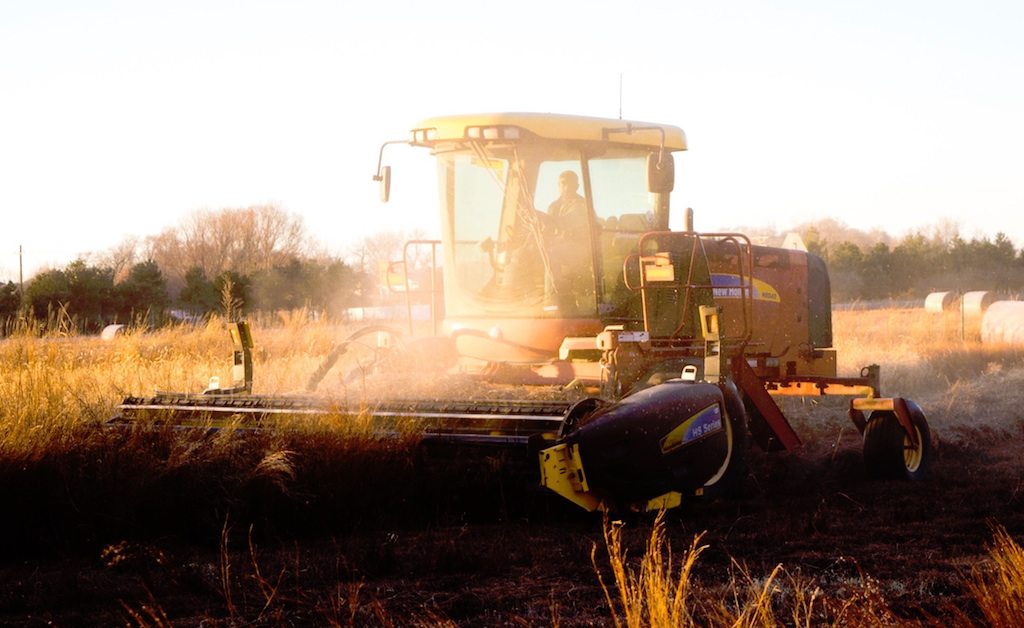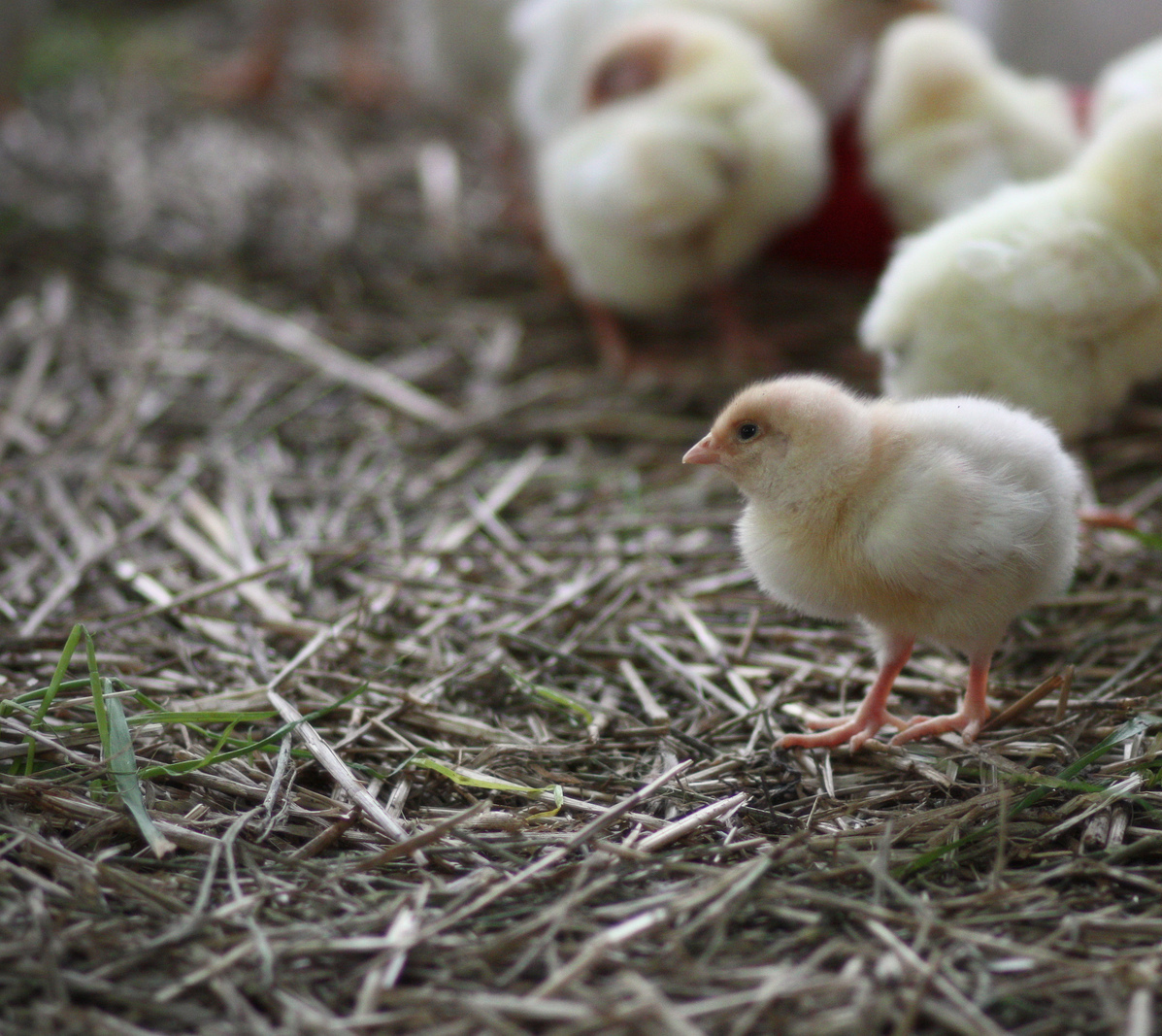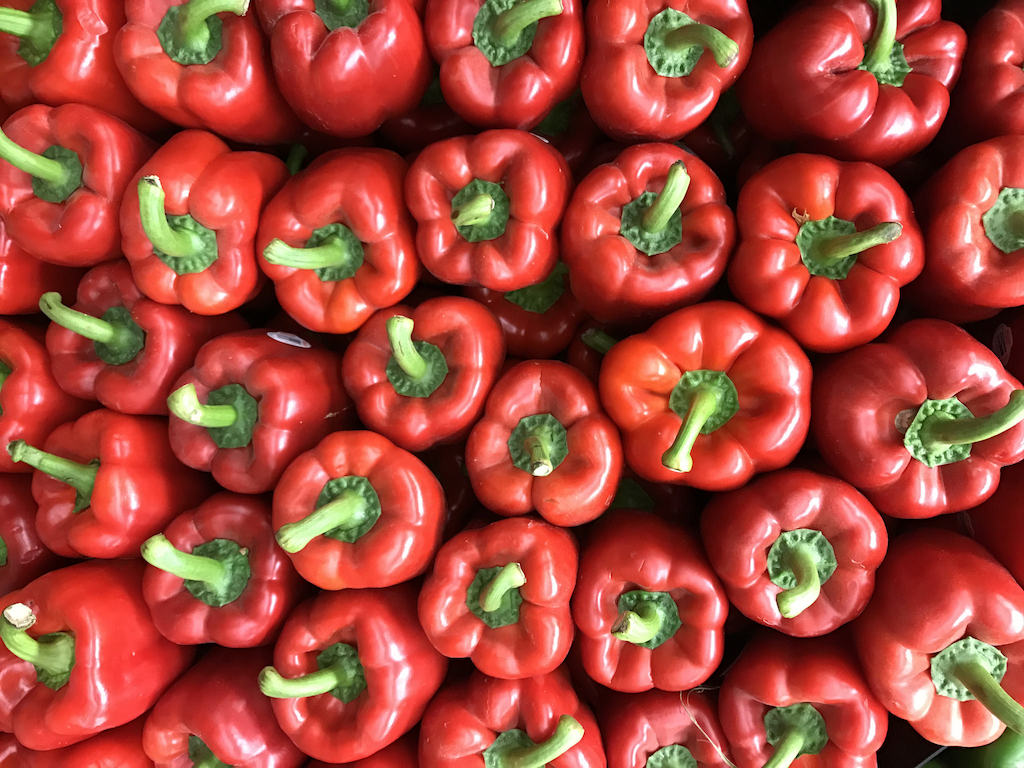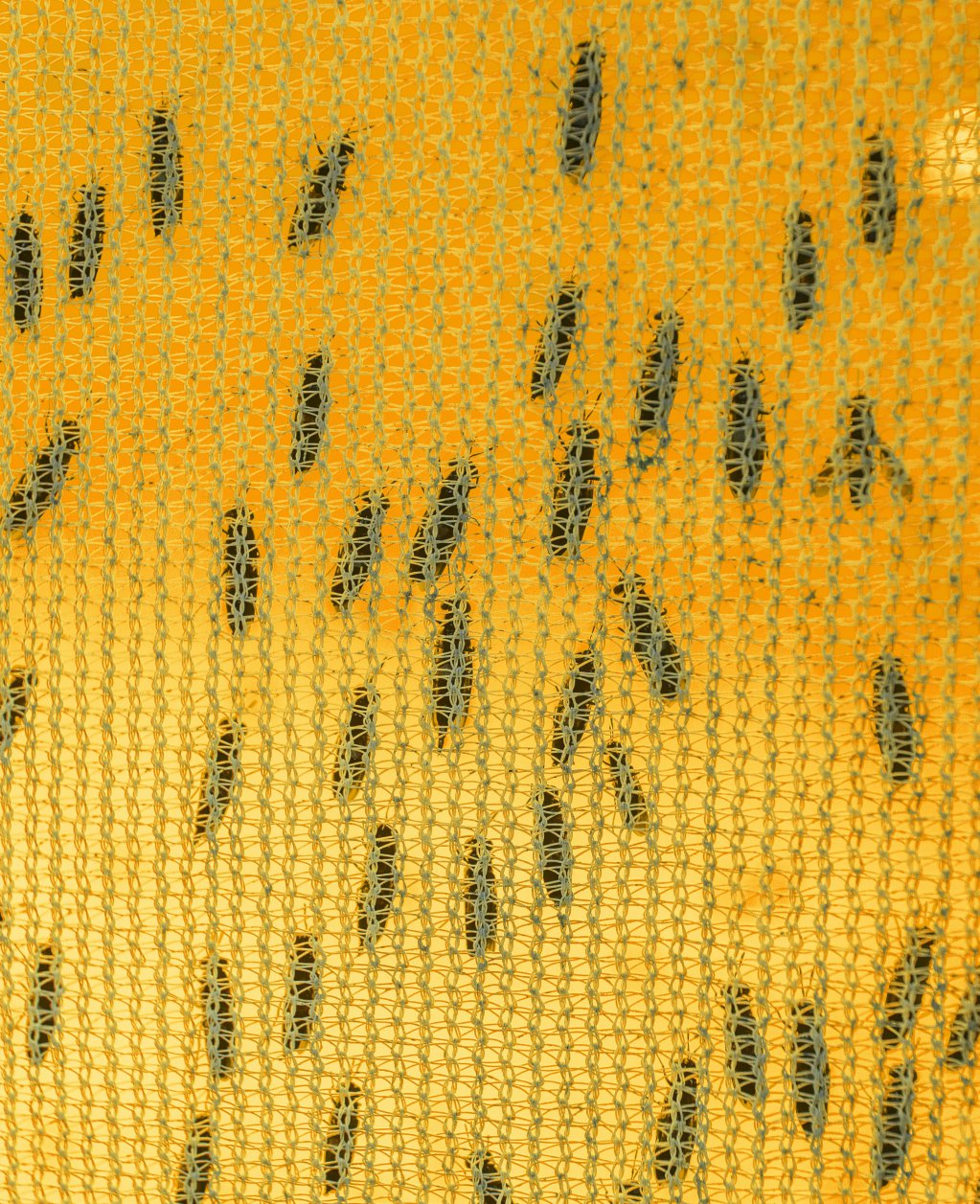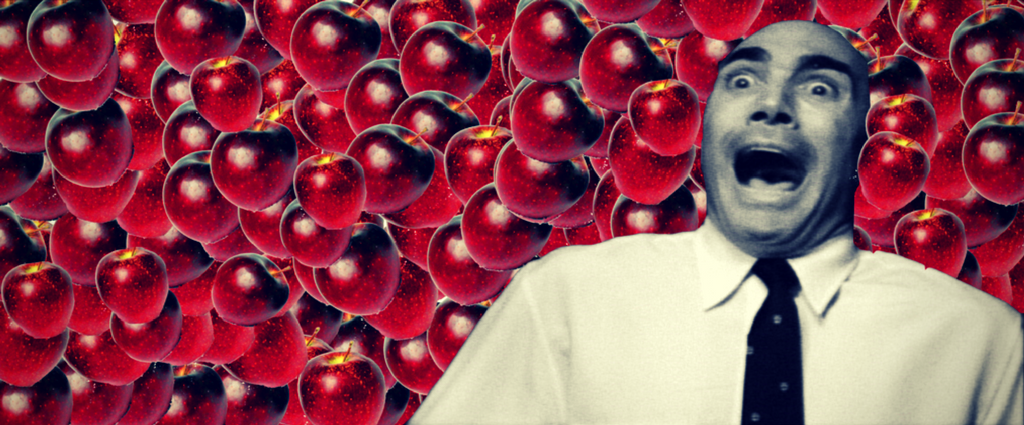Red harvest. A few months ago, a truck reportedly en route to a dairy farm unleashed a wave of red skittles across a Wisconsin Highway, and the nation learned an uncomfortable fact: cows are fed some pretty strange stuff. (Since then, we’ve published a more complete list of common “alternative feeds,” including citrus pulp, donuts, Kool-Aid mix, and chicken feathers.) While that story made the rounds, however, another food—also odd, also red, also cheap and abundant—was being slipped into the diets of livestock everywhere, but for a completely different purpose.
Red seaweed is increasingly being studied as a feed additive that improves the gut health of farm animals, helping to make herds healthier and more efficient. A study from Australia’s James Cooke University suggests that the species Asparagopsis taxiformis has a nearly miraculous effect on cow digestion, cutting by 99 percent the bovine burps and farts that send massive amounts of climate-change-causing methane into the atmosphere. But an Irish company, Ocean Harvest Technology, is making even bolder claims about the seaweed feed additives they make for cows, horses, ewes, salmon, shrimp, and household pets. According to the company, a regular pinch of the red stuff can have a dramatic impact on health and productivity.
Take, for instance, the eye-opening claims being made about company’s latest offering, OceanFeed Swine, a seaweed-based additive for use in commercial pig feed. According to the company, a simple 2 percent addition cuts mortality by at least 50 percent, reduces the need for antibiotics, and causes the pigs to convert feed into meat far more efficiently. That does indeed sound miraculous, but who knows for certain? Dr. Stephen Kraan, Ocean Harvest’s co-founder and scientific director, claims to have studied 13,000 types of seaweed over the course of 25 years, and has identified the optimal blend for swine stomachs. (Yes, of course it’s proprietary.)
Though details were scant in a press release sent out by the company last week, it’s likely the claims are made based on the seaweed’s prebiotic effect. Already, a body of research suggests that seaweed has the ability to quell bad bacteria (like salmonella) in the gut while improving the good kinds, promoting overall health. A helpful survey of existing research from the National Institutes of Health suggests that the seaweed diet is not quack science, with beneficial effects noted in many species, including pigs. But the results are mixed, too. Part of the problem is that there are so many weed varieties, with so many varying qualities; at the same time, the microbiome’s effect on the digestive mechanism is only beginning to be understood.
Still, if seaweed really does have the kind of benefits that companies like Ocean Harvest increasingly suggest, it could be a renewable food source with major implications for the environmental foodprint of animal agriculture. “Harvesting seaweed is like cutting your lawn,” Dr. Kraan notes in an article on the company’s site. “It always grows back.”
